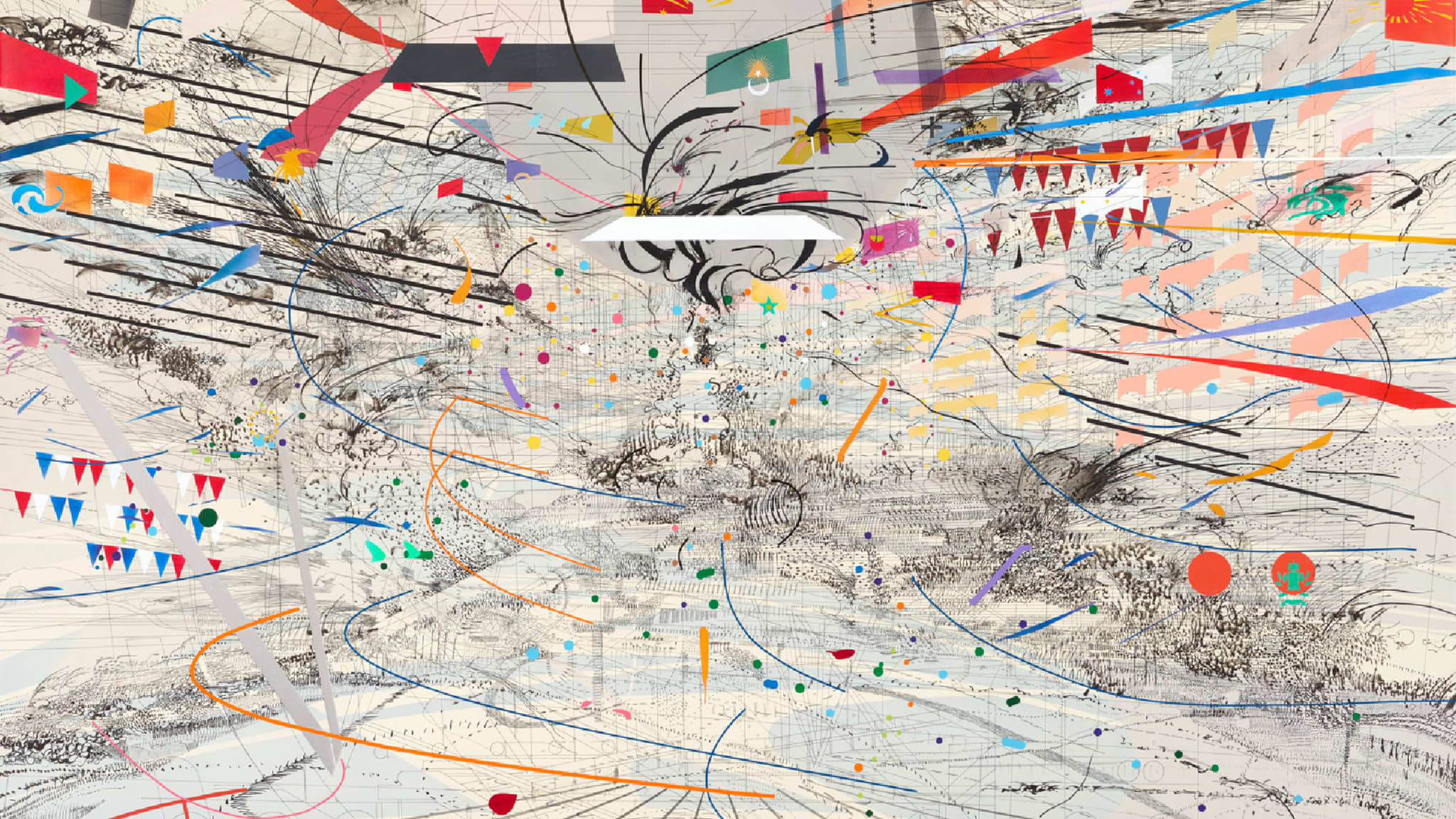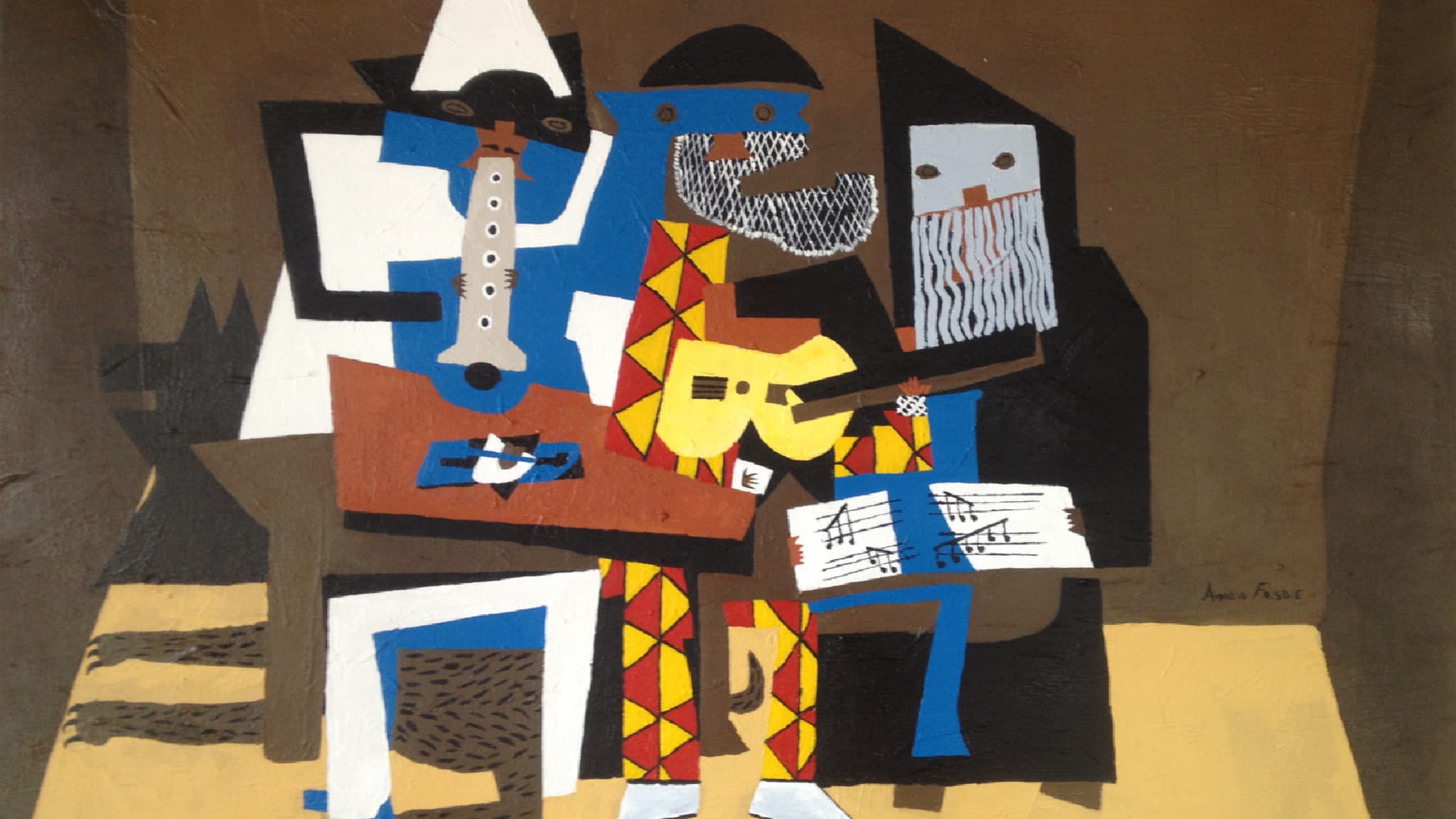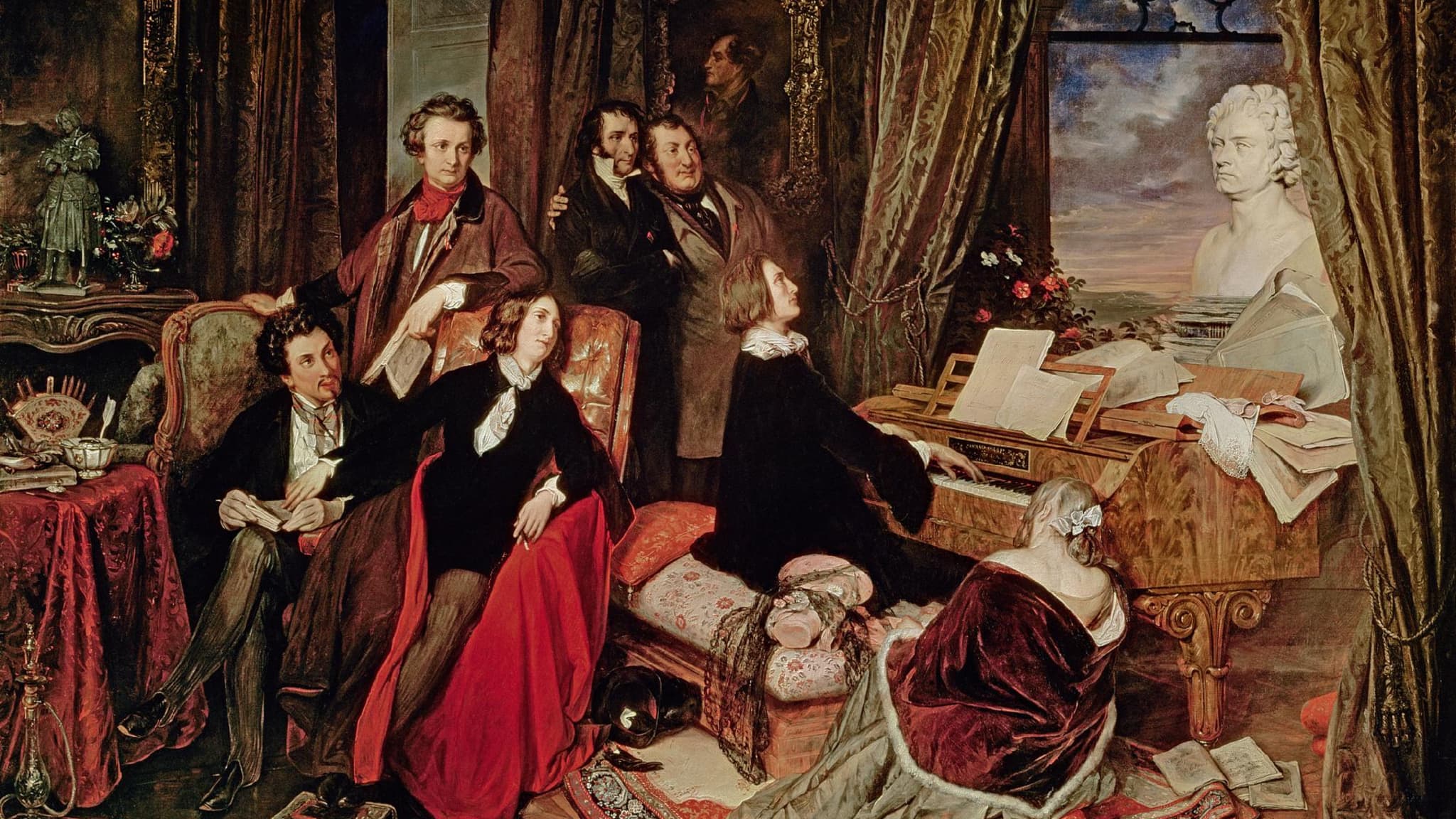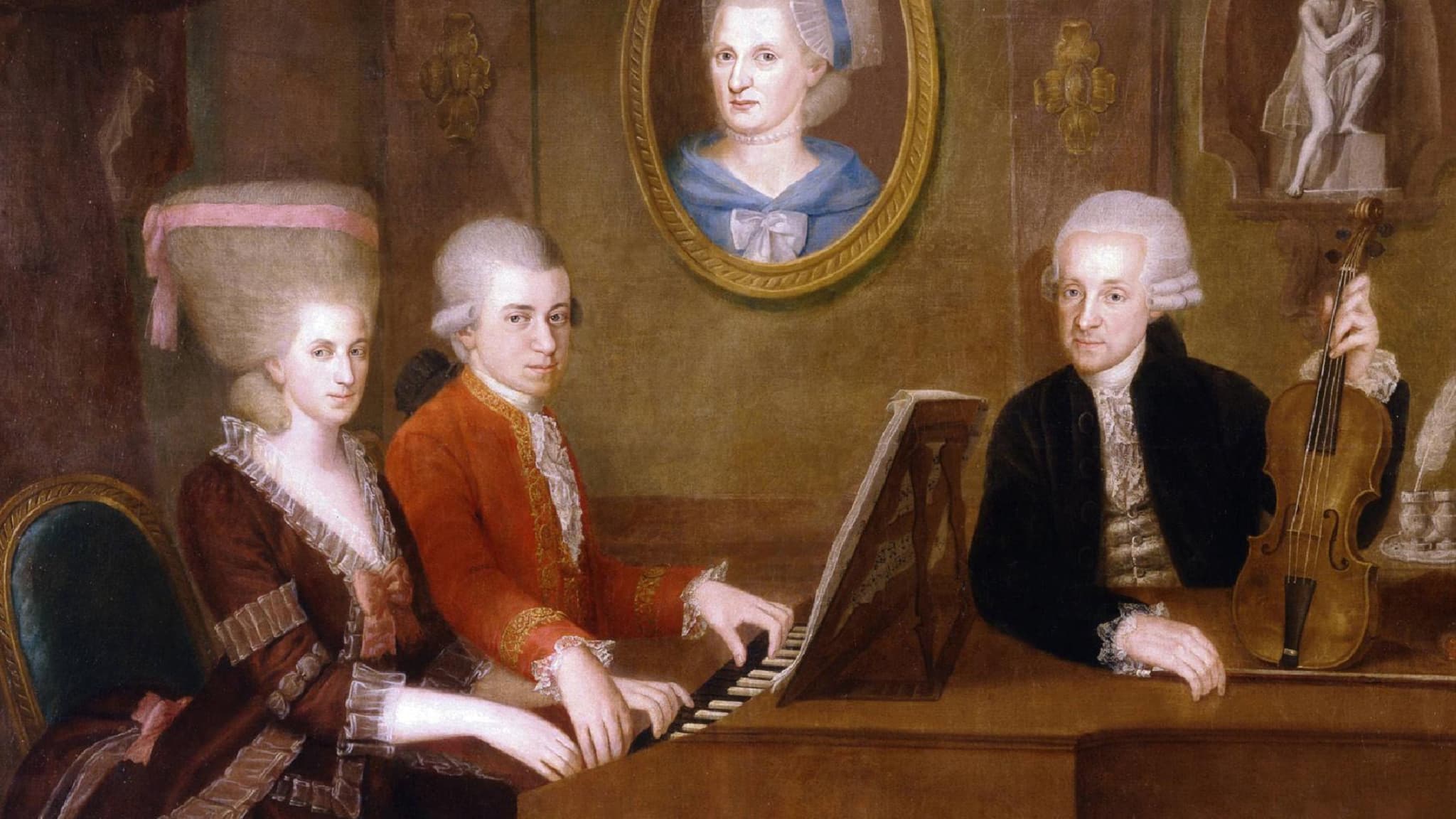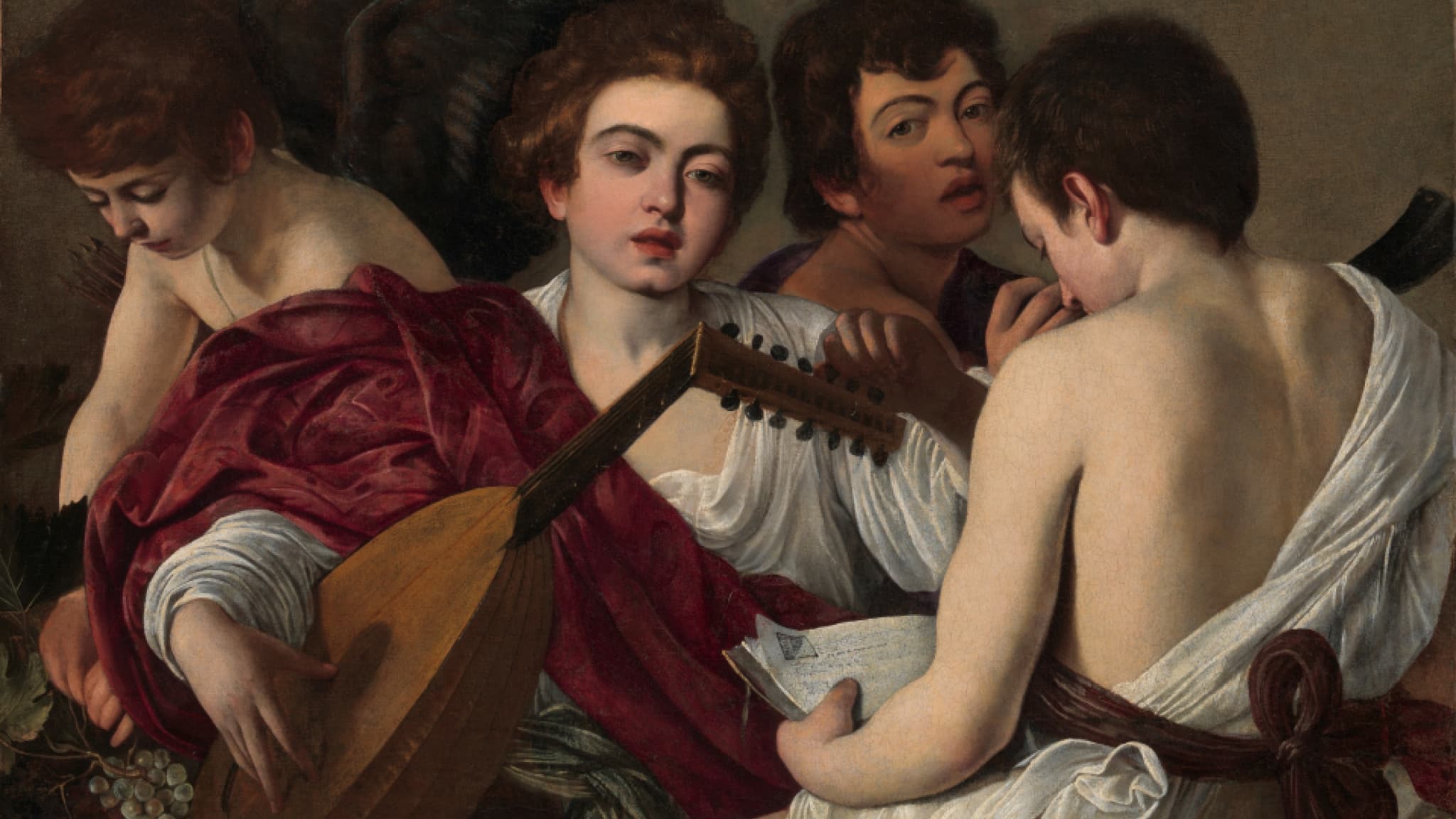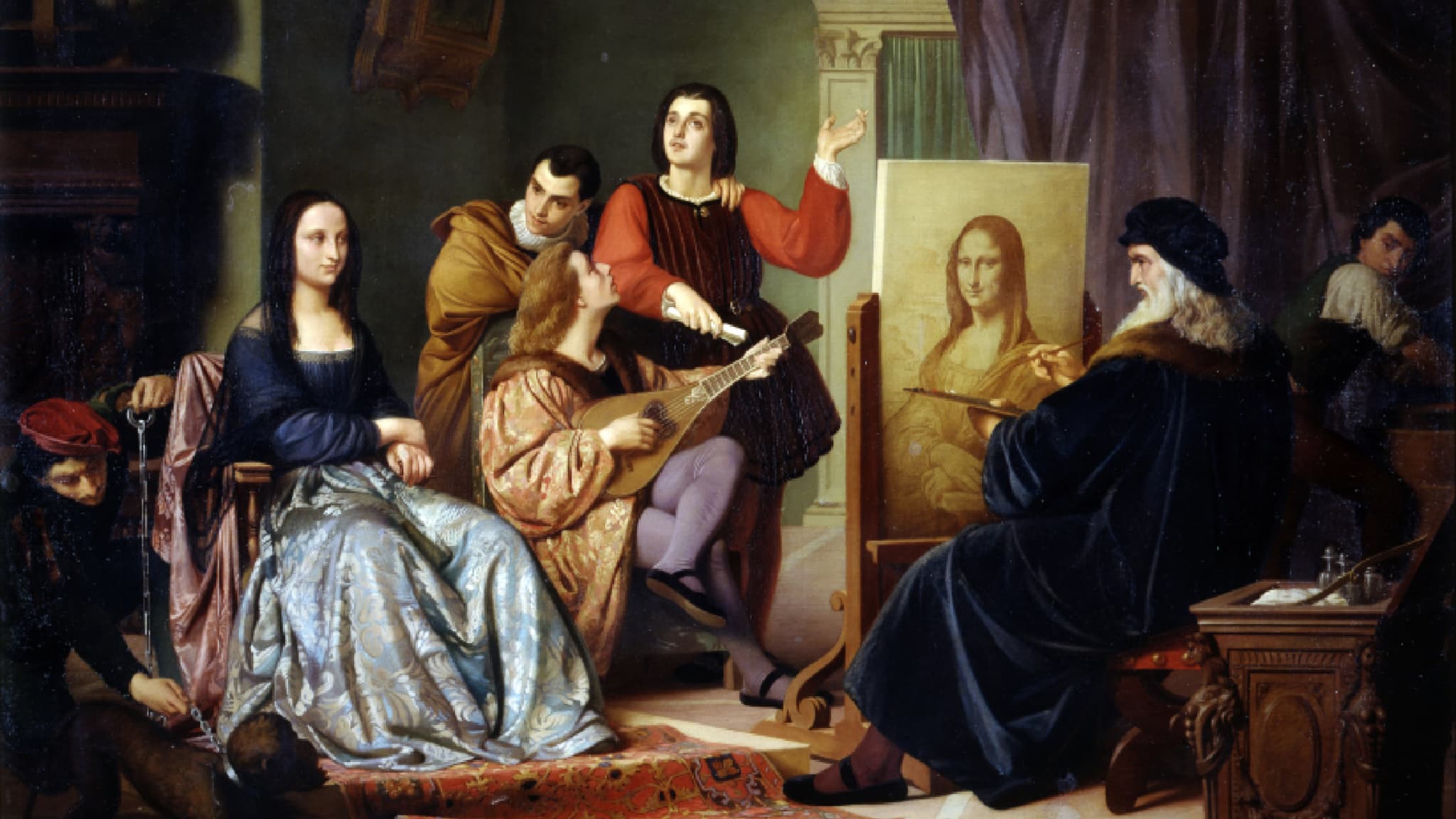Epochs of classical music: an overview
The history of classical music is a fascinating journey through different eras, each characterised by distinctive styles, compositional methods and cultural developments. Each of these periods has produced masterpieces that continue to inspire and excite to this day.
Below we present the main features and important representatives of classical music from its beginnings to modern times, which you can also enjoy with us in the best quality:

